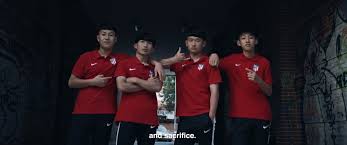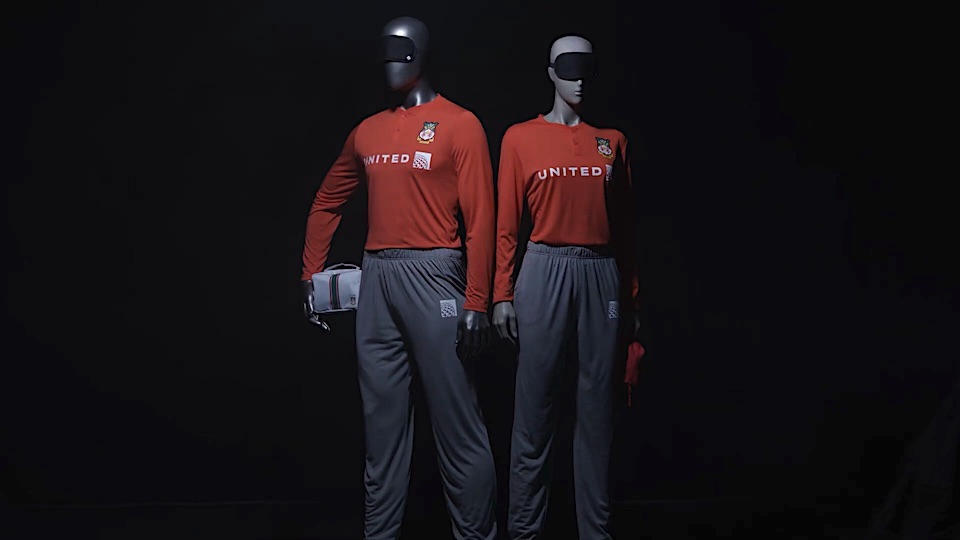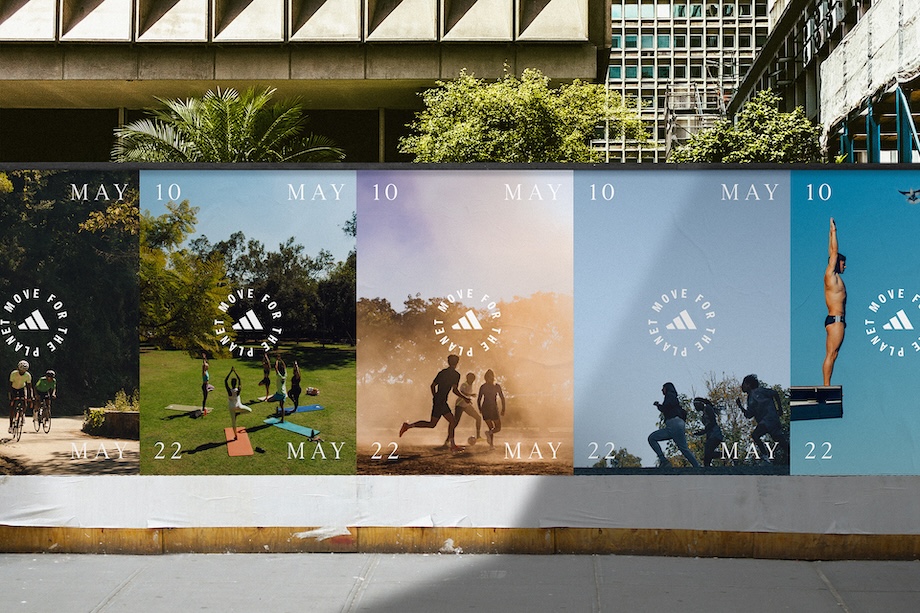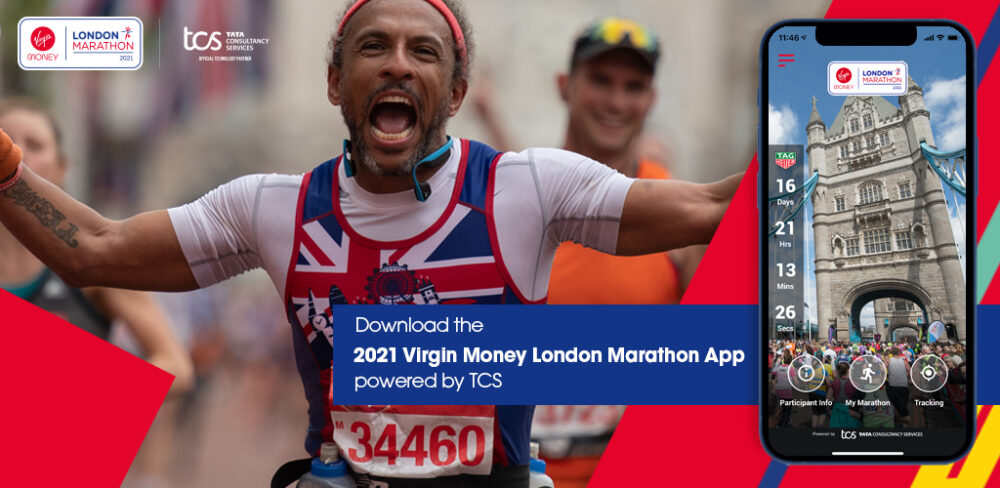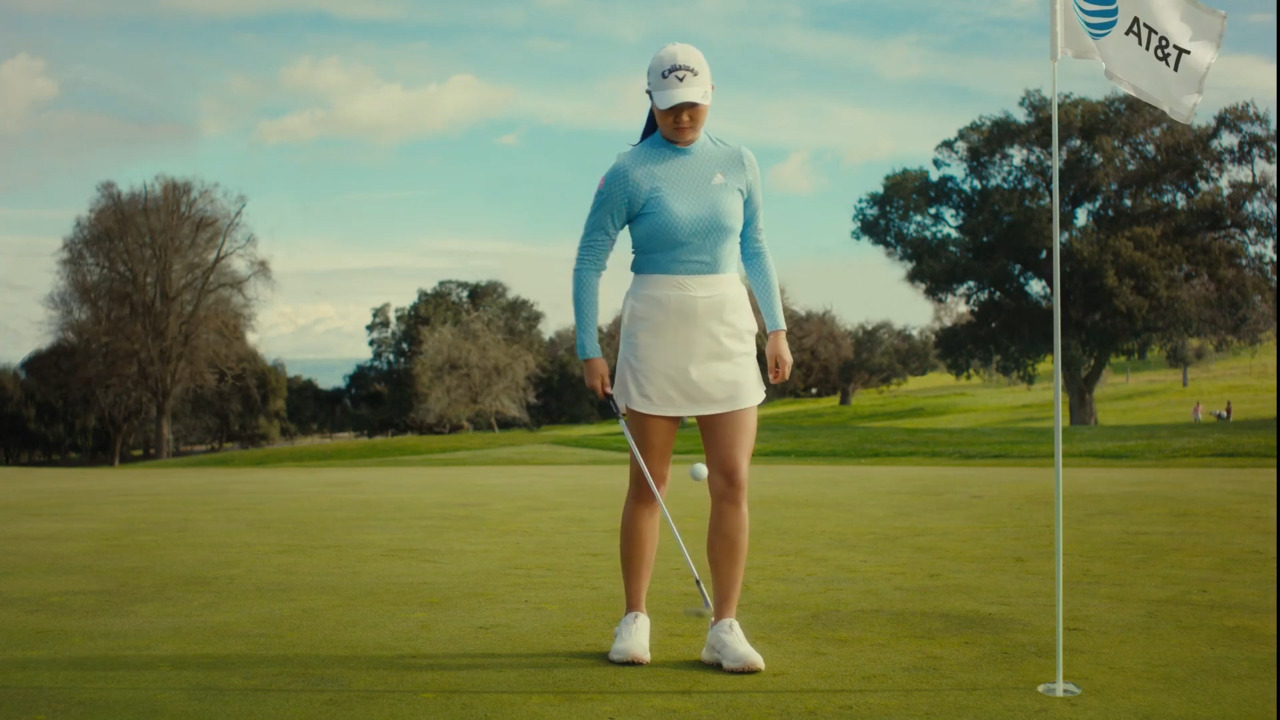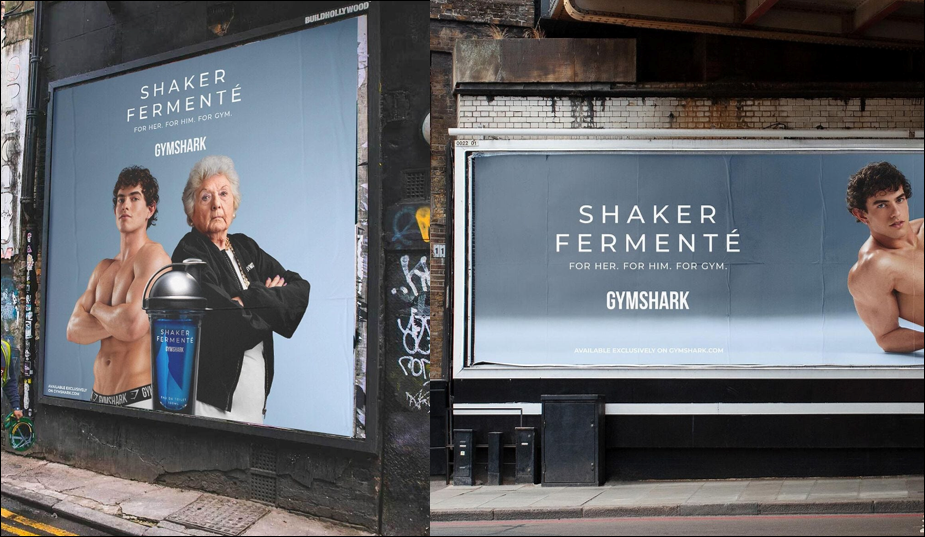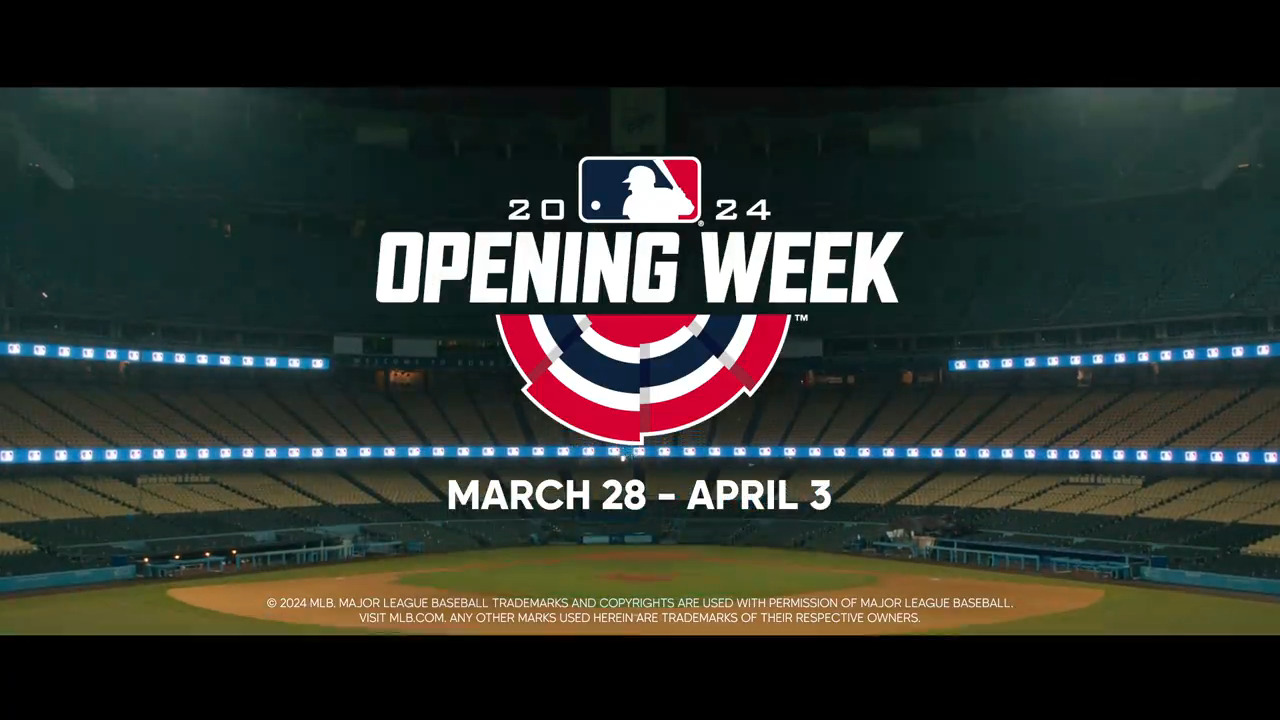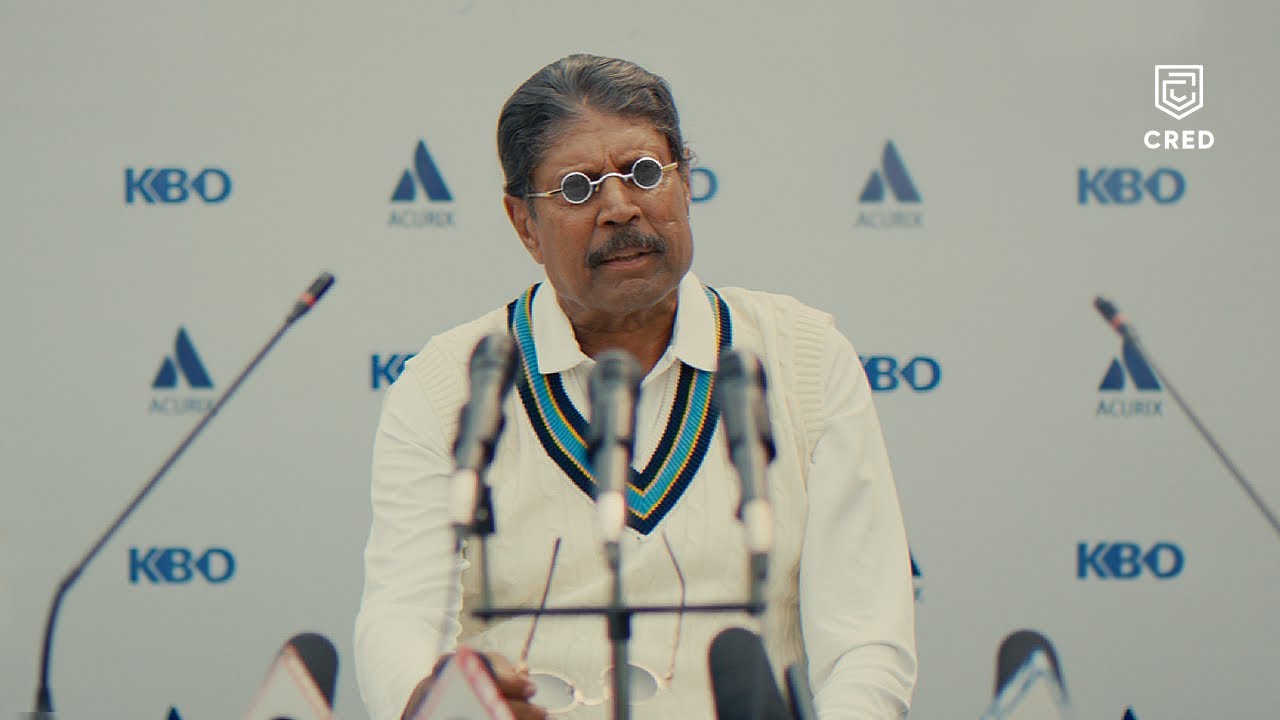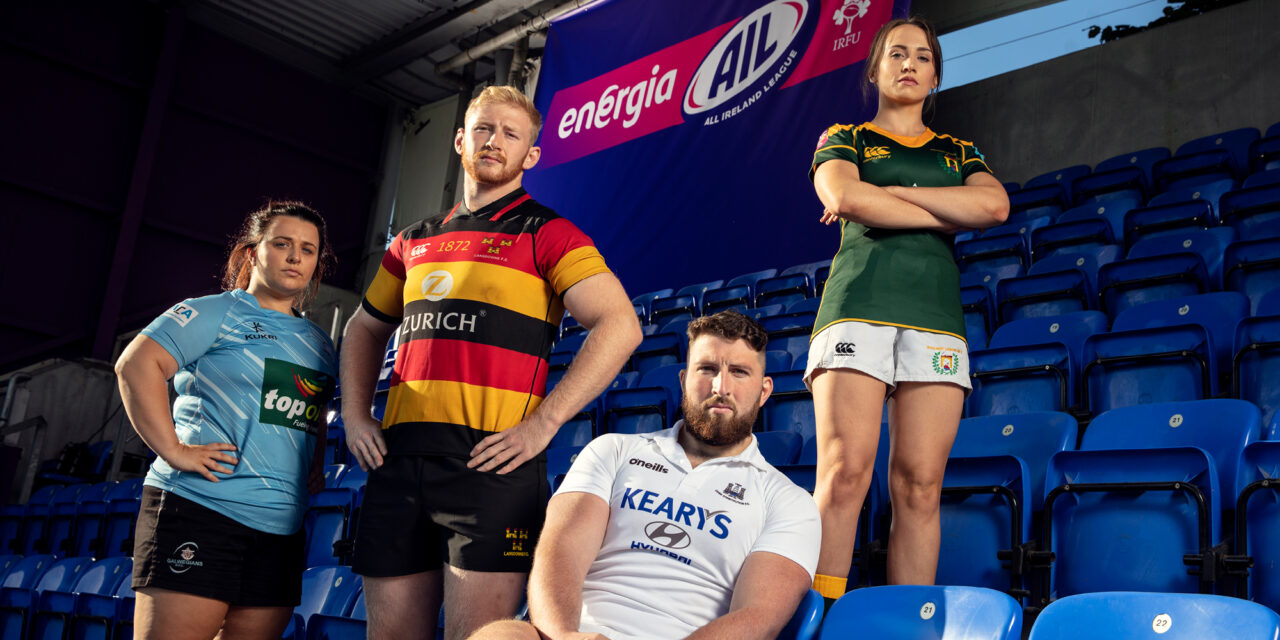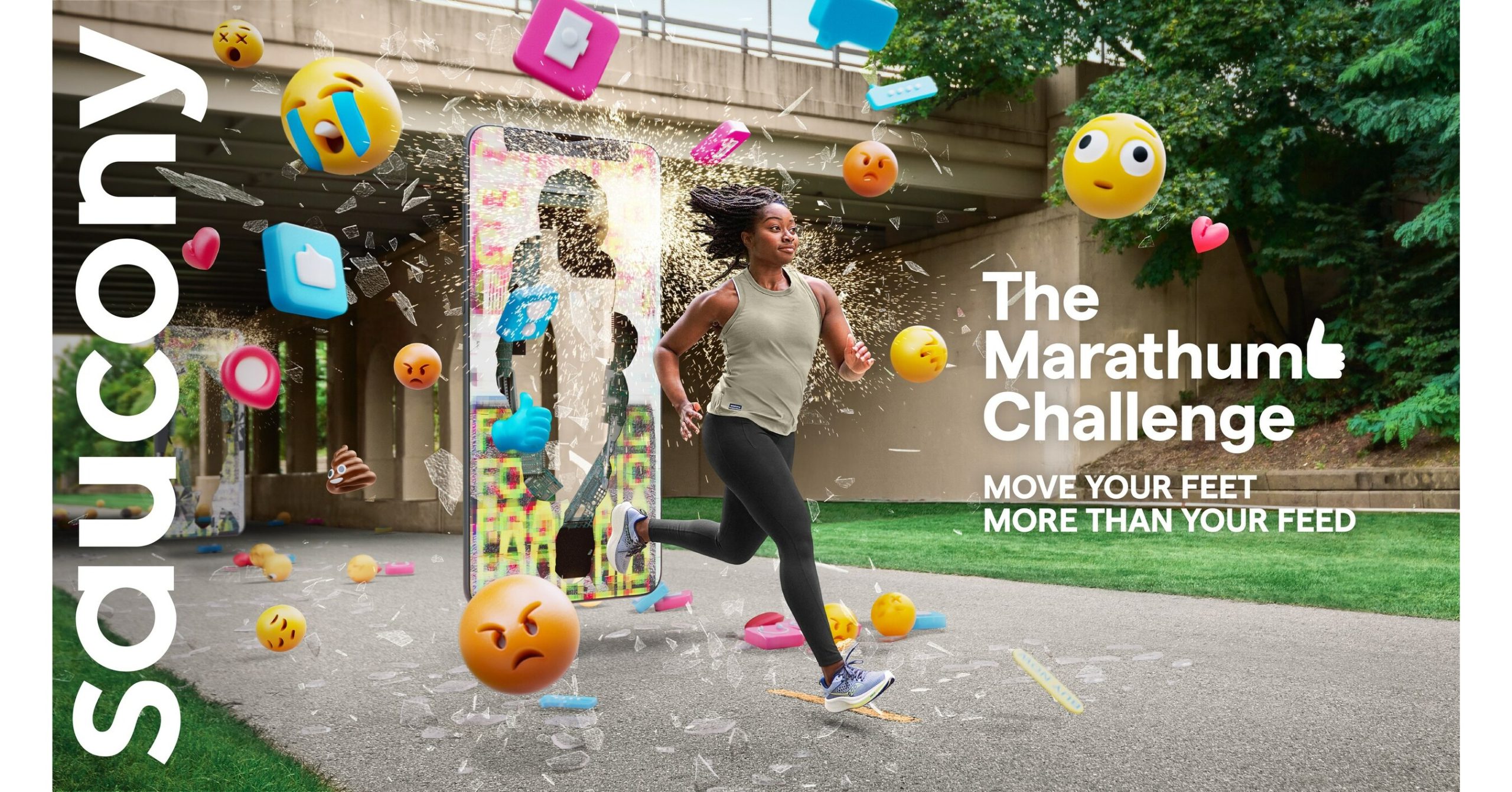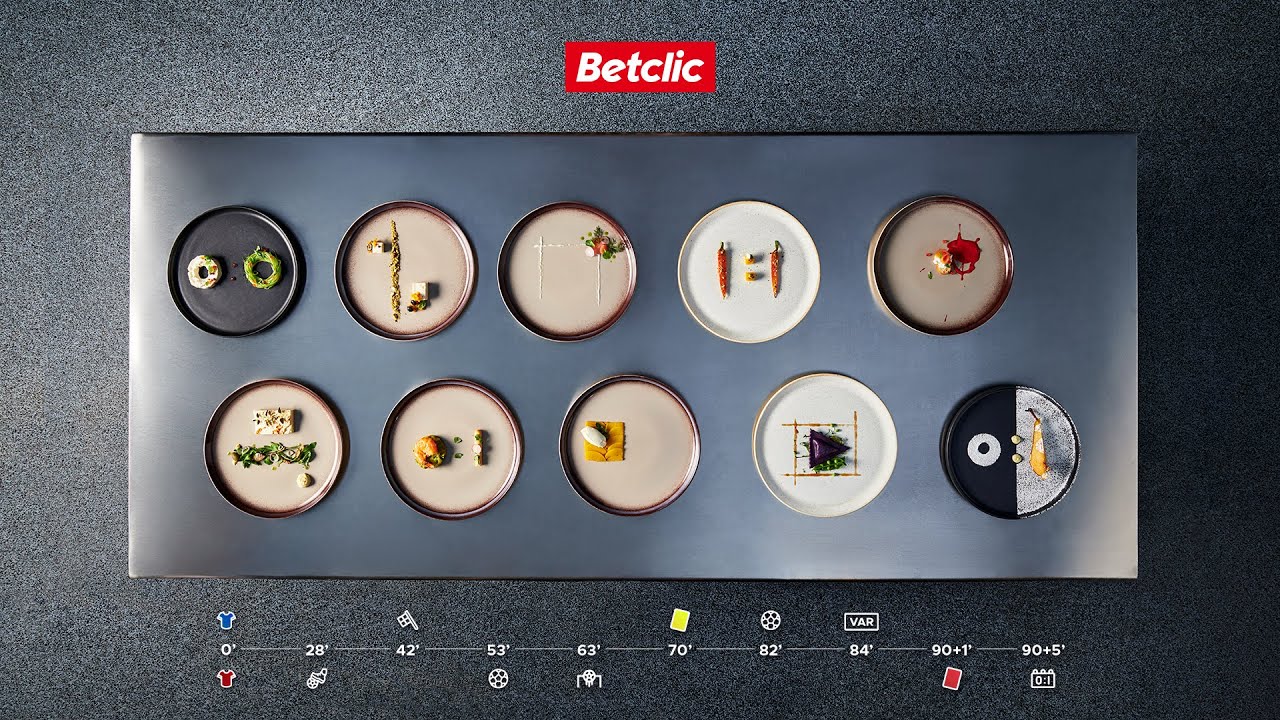In addition to its exclusive free fan prediction game asset – the ‘FIFA Bracket Challenge’ – Chinese property conglomerate Dalian Wanda focused its World Cup activation on championing China’s future football stars.
Wanda, one of several new Chinese FIFA and World Cup partners, ran a primary activation thread called ‘Rising Stars’ which have young players a chance to be an official Russia 2018 flag bearer.
One of the primary reasons for penning the FIFA partnership was to use it to help o inspire the next generation of Chinese footballers and at Russia 2018 Wanda gave 384 kids aged between 12 and 17 the chance to step onto the pitch as a Wanda / Fifa Flagbearer.
Wanda’s “Rising Stars” programme saw around 200 teens travelled to Spanish club Atletico de Madrid (which is part owned by the company) to train at the academy in order to improve their skills, learn a new culture and develop as individuals.
The initiative was promoted via a flagship campaign film documenting how the brand gave a group of future Chinese football stars the chance of a lifetime to walk out onto the pitch at the FIFA World Cup.
Released on the eve of the 2018 FIFA World Cup Russia, the short film tells the story of the group.
This reflects Wanda’s objective is to promote football across its home nation and to inspire a fresh generation of young Chinese players and fans.
Indeed, the official FIFA Flag Bearers activation strand was further promoted across digital and social channels through the tournament with additional video (such as a commercial starring flag bearer Wang Bangjian from Danzhai, China),
to a stream of social content.
Yesterday, the young #WandaFlagBearers from #WandaSports are on the pitch for the #URUFRA and #BRABEL match. They were feeling excited to be part of the #WorldCup, and we are proud to see their dreams came true. #WandaGroup #WandaMoment pic.twitter.com/mTPbj6e4e0
— DalianWanda (@DalianWanda) July 7, 2018
June 29, #WandaSports President Yang Hengming talked about #WandaFlagBearers to the press. @CGTNOfficial takes a detailed look at how Wanda is realising dreams for the next generation by bringing them to the #WorldCup. Starting at 23:30https://t.co/UfMbqhiY9q pic.twitter.com/Wp56PoGs2Z
— DalianWanda (@DalianWanda) July 2, 2018
Another of the brand’s World Cup activation strands though the tournament itself was the #WandaMoments social series: highlighting the best individual moment at each game throughout Russia 2018.
For the past month, #WandaGroup has been live in Russia, witnessing the ups and downs of the FIFA #WorldCup. Here are ten #WandaMoments filled with joy, surprises, heartbreaks and regrets. Which one is your favorite? pic.twitter.com/MnfC9bFQc2
— DalianWanda (@DalianWanda) July 19, 2018
After 64 matches, 169 goals, and 30 days of breathtaking football, the 2018 FIFA #WorldCup has concluded. But fear not, #WandaGroup will be there, waiting for everyone in Qatar, for more splendid #WandaMoments! pic.twitter.com/pncjK0CeNn
— DalianWanda (@DalianWanda) July 16, 2018
Wanda also has a key role in the implementation of a FIFA youth development program in China which dovetails with its youth development focus.
As well as other experiential ‘money can’t buy’ opportunities (including training visits and post-match team bench days), Wanda will benefit from the global exposure and other benefits a FIFA partnership delivers such as competitions across Wanda properties, ticket giveaway, pitchside branding, use of the Official FIFA mascots.
One of these strands is the naming rights to the ‘FIFA bracket challenge by WANDA’ (https://bracketchallenge.fifa.com/bracket/prediction).
The FIFA World Cup Bracket Challenge sponsored by Wanda is a free game where the player needs to predict the group stage standings and knockout phase winners before the start of the 2018 FIFA World Cup on 14 June and are entered into a prizes draw (or non registered people can play as ‘guest’ in anonymous mode.
Wanda CEO Hengming Yang argues that the 2018 World Cup is a ‘game-changer’ for football in China
“This World Cup has seen China and Chinese football fans embrace the tournament like never before,” he said.
“With 100,000 Chinese fans having travelled to Russia to enjoy the games and millions more following back home on TV, online and social media. I think this will be a game-changing moment for the sport in China and it will start to embed a more engaged football culture within the country that will help football really develop from within, both at an elite and grass roots level.
“I think this has gone beyond a time when Chinese fans were just wanting to watch the big games and big players,” he continued.
“We have intentionally focused on driving the value from our partnership back to China through the launch, with Fifa, of new Fifa social channels earlier this year on Weibo and WeChat, as well as using our flag bearers initiative to inspire the next generation of footballers in the country.
Comment:
Wanda became FIFA first major Chinese sponsor when it replaced Sony as a primary partner and signed up for the World Cup between 2018 and 2030.
Wanda is FIFA’s first Chinese main sponsor. The company will be a partner with the international association for the World Cups from 2018 to 2030. The Wanda Group is replacing Sony as FIFA’s sponsor.
Whilst China didn’t qualify for the tournament, the country’s thirst for football is such as estimates predict five times as much money will be spent on the World Cup in China than in the USA (another non qualified nation).
Reports suggest that the tournament attracted around 100,000 Chinese tourists to Russia.
Wanda is just one of a slew of new Chinese FIFA and World Cup partners: others include Diking, Luci, Hisense, Mengniu and Vivo.
While some Chinese sponsors like Vivo have focused on using the World Cup’s global stage and reach to drive international brand awareness, but Wanda’s aim was to engage with Chinese audiences.
Chinese brand investment in the World Cup is part the nation’s umbrella commitment to the game: particularly following President Xi Jinping’s recent comments that he wants China to become a football superpower by 2050.
Indeed, the Chinese government aims to improve football skills in the country with the aim of hosting the tournament and ultimately winning it within the next 15 years.
Dalian Wanda, which was founded in 1988, is a commercial property conglomerate that, among other things owns, also owns China’s largest movie theatre chain, plus it owns a film production giant, multiple hotels, travel agencies, theme parksm lucury yacht brand Sunseeker and several finance companies.
The company is building a strong support position in the football space and is the main sponsor of the Chinese Super League, it also established Dalian Wanda FC (the nation’s top club), plus it has a sizeable stake in Spanish club Atlético Madrid.
Links:
Wanda
https://www.youtube.com/user/dalianwandagroup
Russia 2018
https://www.facebook.com/welcome2018
https://twitter.com/welcome_2018
https://www.instagram.com/welcome_2018/
https://www.youtube.com/channel/UCIc3kHv8eeCG6invpMRcCHg/feed
FIFA
https://www.fifa.com/worldcup/
https://www.youtube.com/FIFATV
https://www.instagram.com/fifaworldcup/
https://twitter.com/fifaworldcup

